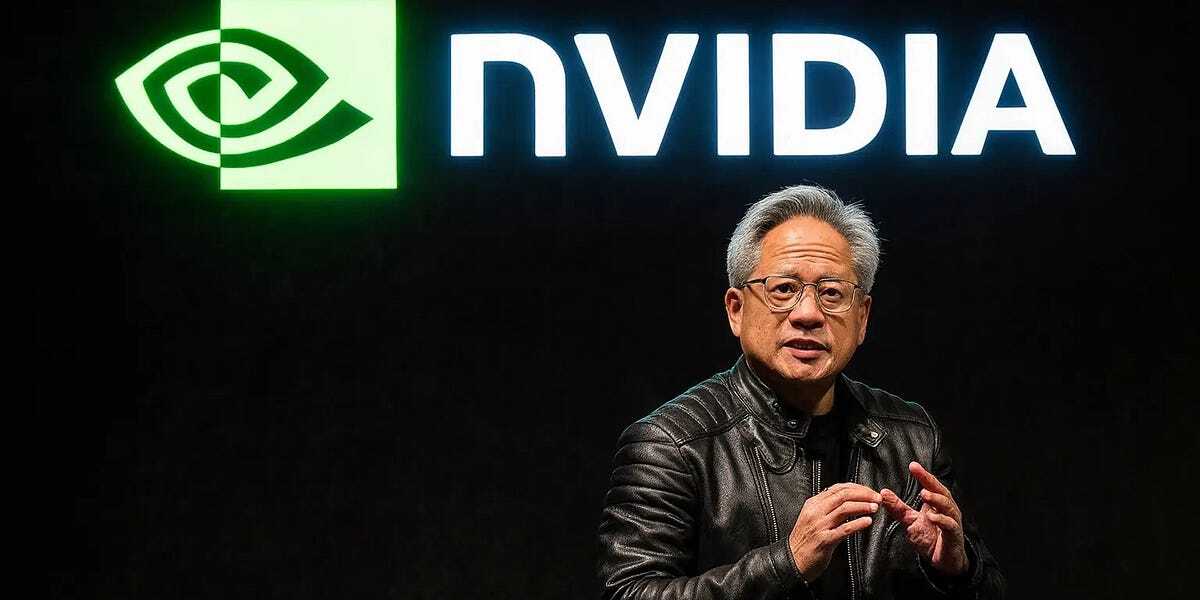The current situation bears structural similarities to three major accounting frauds: Enron (2001), WorldCom (2002), and Lucent Technologies (2000).
Lucent, once America’s largest telecommunications equipment manufacturer, grew revenue through vendor financing arrangements. The company lent money to telecom carriers to purchase Lucent equipment, booking the equipment sales as revenue while the loans appeared as receivables. When carriers couldn’t repay, Lucent took $8.7 billion in writeoffs.
Lucent’s DSO peaked at 64 days before the fraud became public. Nvidia’s current 53-day DSO remains below that threshold but exceeds its historical baseline by the same percentage that preceded Lucent’s collapse.
Enron used Special Purpose Entities to hide debt and inflate revenue. These entities existed as legally separate companies but were economically controlled by Enron. The structure created artificial revenue through transactions with entities Enron itself funded.
The xAI SPV structure mirrors this approach. Nvidia provides equity capital to an entity that exists primarily to purchase Nvidia products. The transaction appears as an arms-length sale in Nvidia’s accounting, but economically, Nvidia is funding its own revenue.



The “Vibe Revenue” Admission
Good grief!